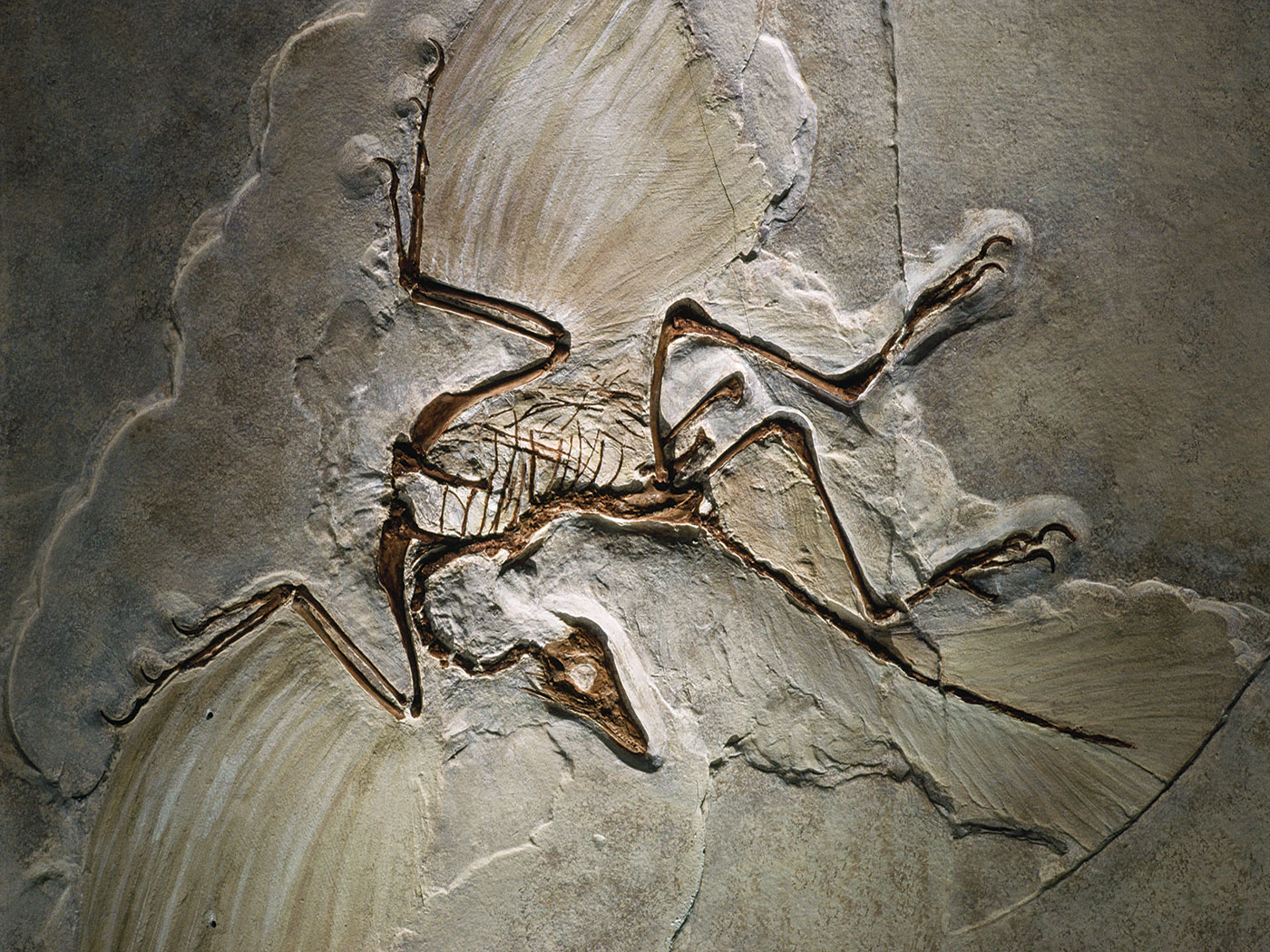When waters are murky, how do seals find fish? They don't have a sonar apparatus like whales, and yet they somehow hunt successfully in the dark.
It turns out that the seals follow fish trails by sensing very subtle water pressure changes with their whiskers. In a study published in the Journal of Experimental Biology, investigators trained harbor seals to give a visual signal indicating the direction of a "swimming" rubber fin that mimicked a fish. They then blindfolded and placed headphones on the seals to test their ability to hunt without sight or sound cues.
Not only were the seals able to detect the "fish's" movements, their whiskers may be able to distinguish even more precise information than just their prey's whereabouts. Senior author Wolf Hanke of the Marine Science Centre at the University of Rostock, Germany, told BBC News, "They seem to be able to discriminate between different shapes, which might even mean they discriminate between different species of fish."1
The authors found evidence that the seals track the direction that a fish swims by sensing its underwater wakes, or trails of slightly disturbed water, that linger for up to 35 seconds. To do this, seals detect and interpret "the structure and spatial arrangement of the vortices" that spin off from a fish's underwater trail.2
Not only can seals detect the vortices, but they can sense the "high water velocities" behind a swimming fish even after the fish is long gone.2 Water that trails a fish flows just a little faster than the surrounding waters. Somehow, the seal must automatically subtract the resistance caused by its own motion through the water in order calculate the exact location of its moving dinner.
This explains observations of seals in the dark underneath Antarctic ice swimming in curved paths just before taking a fish. Those seals were following the ephemeral underwater trails behind the fish, twisting and turning in the same patterns as the fish.
The discovery of this remarkable new aspect of seal senses added to a 2001 breakthrough study in the journal Science in which Hanke also participated. Although at the time scientists suspected that seals could detect trails left by fish that were 180 meters away, this new study brought the distance down to 100 meters.
When these seal whisker skills were first verified, Science summarized a dilemma that the first seal-like mammalian ancestors supposedly faced when they entered the water from land:
When mammals began to colonize the ocean some 50 million years ago, they immediately faced a huge challenge: hunting under water. The sharp vision their ancestors had evolved on land to take advantage of the transparency of air was of little use in the ocean's murky darkness.3
However, those supposed first ocean-going mammals would have faced even more serious issues, since their postulated evolutionary ancestor supposedly resembled a cow. Its attempts to swim would have been highly ineffective due to its hoofed feet and bulky body.4 How could it have caught fish at all without possessing the full suite of traits necessary for swimming and prey detection?
The ease with which evolutionary stories like this can be concocted stands in stark contrast with the difficulties known to exist when engineers seriously attempt to replicate the finely tuned equipment exhibited by marine life, such as sonar or super-sensory seal whiskers. The best explanation for the origin of these complex creatures remains the one presented in Genesis--that on the fifth day of creation, God said, "Let the waters bring forth abundantly the moving creature that hath life," and it was so.5
References
- Gill, V. Seal whiskers sense faraway fish. BBC News. Posted on news.bbc.co.uk June 11, 2010, accessed June 14, 2010.
- Wieskotten, S. et al. 2010. Hydrodynamic determination of the moving direction of an artificial fin by a harbour seal (Phoca vitulina). Journal of Experimental Biology. 213: 2194-2200.
- Zimmer, C. 2001. By a Whisker, Harbor Seals Catch Their Prey. Science. 293 (5527): 29-31.
- Gish, D. 1980. The Origin of Mammals. Acts & Facts. 9 (9).
- Genesis 1:20.
Image credit: NOAA
* Mr. Thomas is Science Writer at the Institute for Creation Research.
Article posted on June 22, 2010.


















